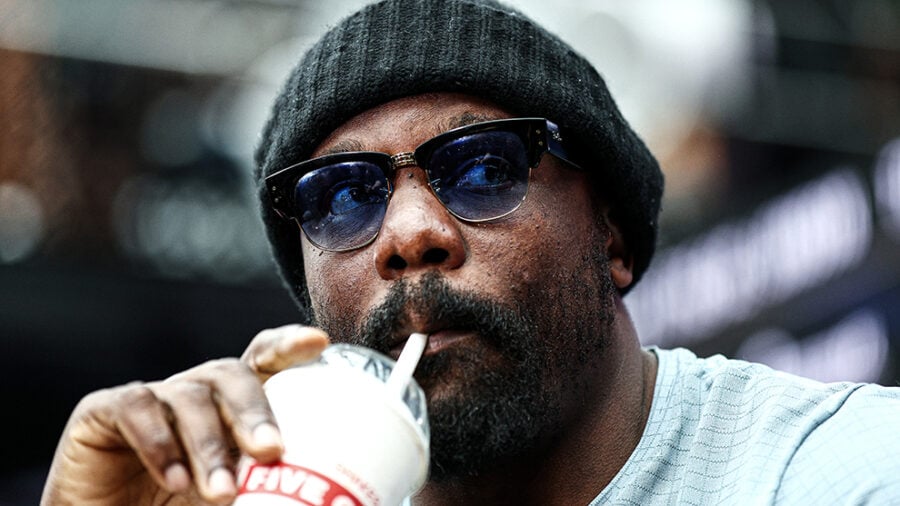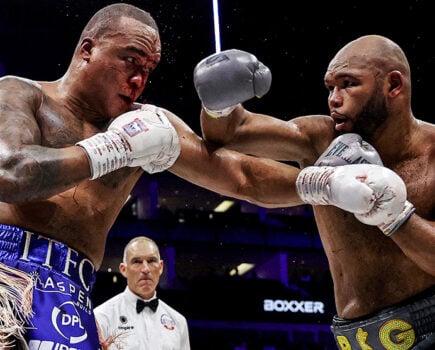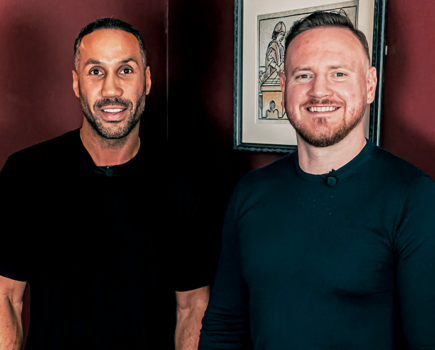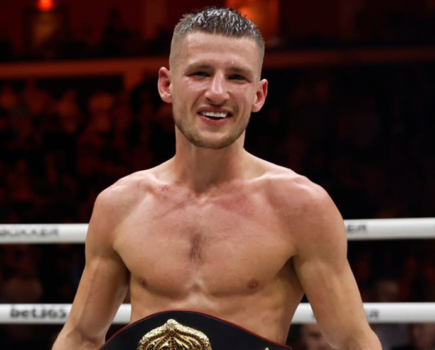SOMETHING happens to Derek Chisora in the month of July. It is hard to know exactly what, but, historically, it is in the month of July that his relevance increases, the spotlight hovering above him grows in intensity, and Chisora himself operates at maximum power; selling power, pulling power, punching power.
Indeed, it is in the month of July that Chisora has tended to do some of his very best work and produced some of his best results. It is in the month of July that Chisora thrives and comes alive, the sight of which is never more vital than it is today, when so many are suggesting there is, in boxing terms, no life left in him at 40 years of age.
In fact, if there is anything capable of reigniting something in Chisora at this stage, it is probably the prospect of a big fight in July. This he has experienced on countless occasions in the past, of course, and it is true that fighting in July has more often than not served him well.
In 2022, for example, a July win against Kubrat Pulev pumped fresh life into a career many felt was over, with the added comfort of fighting at the O2 Arena, a favourite of his, seemingly adding to Chisora’s motivation that night. It wasn’t pretty, no, nor did victory over Pulev give us reason to believe Chisora was in any way revitalized, but still he dragged a performance out of himself when it was so desperately needed; doing so in his favourite month and at his favourite venue.
There was also a stunning July knockout of Artur Szpilka – back in 2019 – which many will argue represents the last time we saw Chisora at his explosive, destructive best. Like the Pulev win, that second-round demolition of Szpilka took place at London’s O2 Arena, but, unlike the Pulev win, there was a sense during it that Chisora had momentum and fire and was still capable of living up to his “War” nickname in this, the latter stage of his fighting life.
Prior to that, and again in July, we all watched Chisora stop Carlos Takam in dramatic fashion in round eight of a back-and-forth brawl in 2018. This, again, was vintage Chisora, the prickly heat of a July night at the O2 Arena releasing something wild and animal in him and in the end fuelling him to turn the tables when things appeared to be getting sticky in the eighth round. The win of his career in many respects, Chisora would end up building his reputation on wins like that Takam one; his ability to rally and snatch victory from the jaws of defeat proving to be both a blessing and a curse in what has, for Chisora, become a precarious game of longevity.
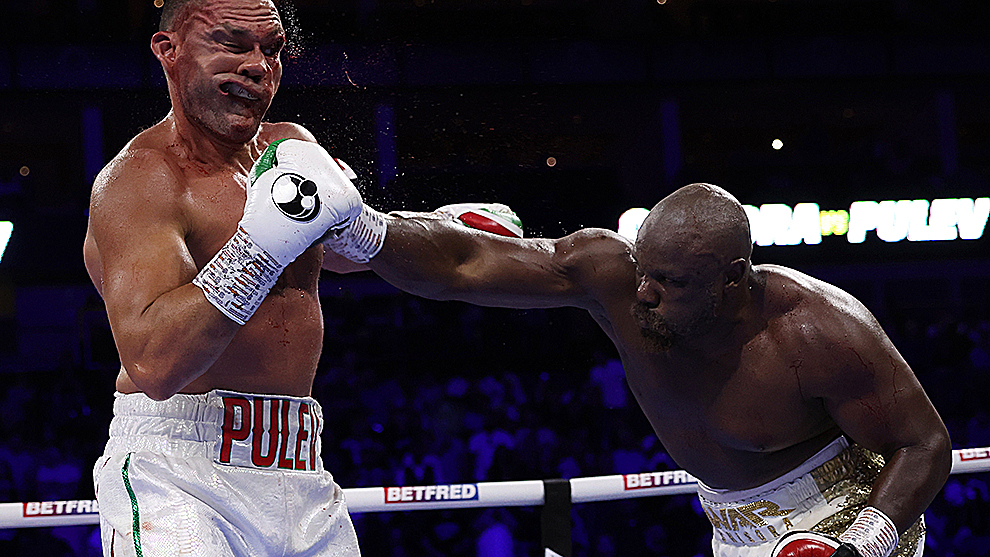
Dereck Chisora lands on Kubrat Pulev (Mark Robinson Matchroom Boxing)
You’ll find other July wins for Chisora, too, by the way. Decent ones and routine ones. You will also just as soon discover a couple of big fights and big defeats, crushing and career-defining in equal measure.
The first time he fought Tyson Fury, for example, was on a July night in 2011. This, it’s worth noting, was a fight that took place at Wembley Arena rather than the O2 Arena, yet still it would be hard to argue that this had any bearing on the result itself. In fact, Chisora, by far the smaller man, was a step behind Fury for much of their British and Commonwealth heavyweight title fight, albeit was far more competitive that night, that night in July, than he would be when sharing a ring with Fury in their two subsequent encounters.
Likewise, Chisora fighting David Haye at Upton Park, the former home of West Ham, on a July night in 2013 had no bearing on the result there, either. Instead, the left hook with which Haye cracked Chisora’s chin in round five proved the decisive element and, upon it landing, seemingly put an end to not only the pair’s rivalry but any possibility of Chisora continuing as a headline act in the future.
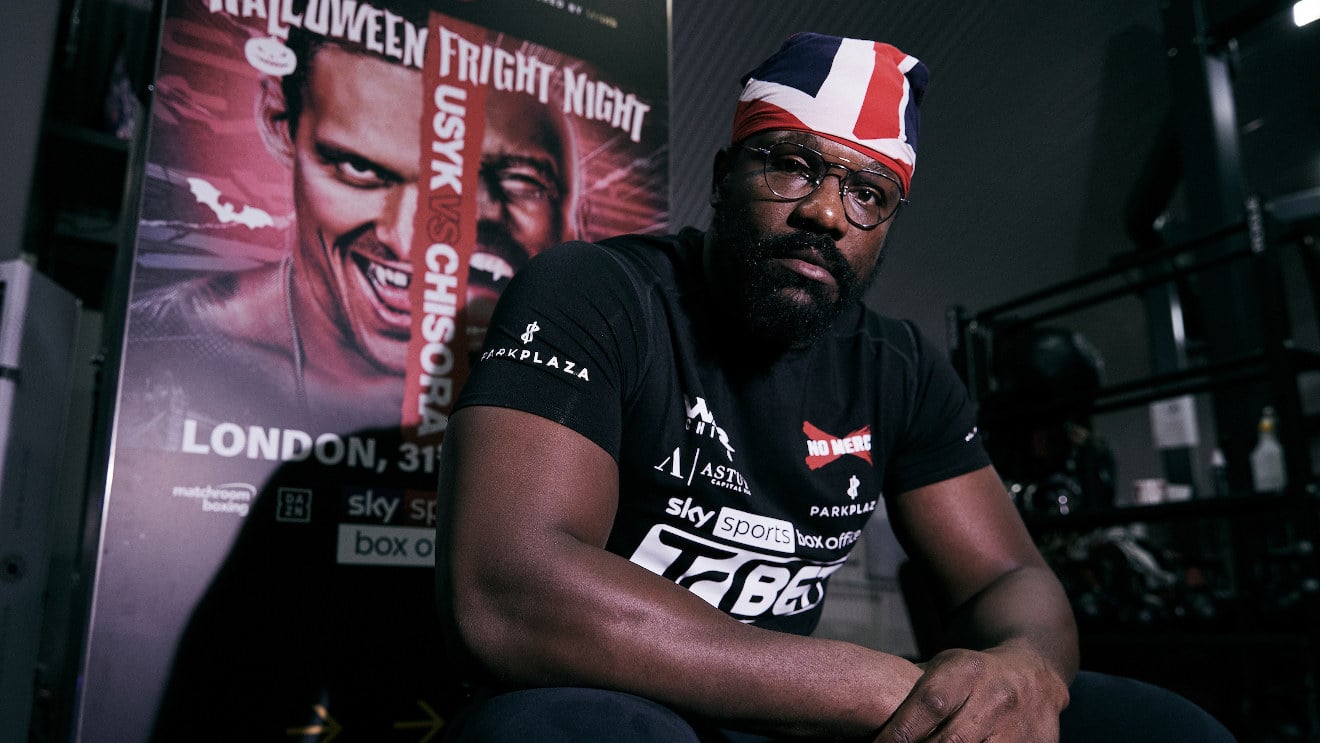
Derek Chisora (Getty Images)
That he managed to defy this expectation is a testament to his reinvention, one might suggest. For no matter what happens to him in a fight, and regardless of how many miles are added to his clock in the process, Chisora has developed a knack for coming alive again when it counts; usually in July, and usually at the O2 Arena. It is there, in fact, during that month and at that venue, whatever is left of Derek Chisora can typically be found. It can be found in the slowing movement of his feet and his hands and it can be found in the sounds of “Oooooooh Derek Chisoooooooraaaaa” emanating from fans eager to keep him plugged in and charging, reluctant to accept his battery is dead.
This July, in particular, has been a big one already for Chisora, 34-13 (23). If he hasn’t been lending his support to Nigel Farage and his Reform party ahead of the general election, he has been caught on camera headbutting a Deliveroo rider in Hampstead for riding his bike on a pavement. He is tweaking, in other words; getting ready. He is itching for something to happen and he is itching for a fight. He knows the time is now and that time, too, is running out.
Indeed, with perhaps just one July fight left in him, and with just one fight left at the O2 Arena, Chisora’s next opponent, Joe Joyce, should at the very least be wary of what could happen this Saturday (July 27) when the pair meet in a heavyweight 12-rounder of questionable merit and taste. For even if his time is now up, which surely it is, all the ingredients are there for Chisora on Saturday to remind him of both better times and a time when summer offered little chance of rain.

